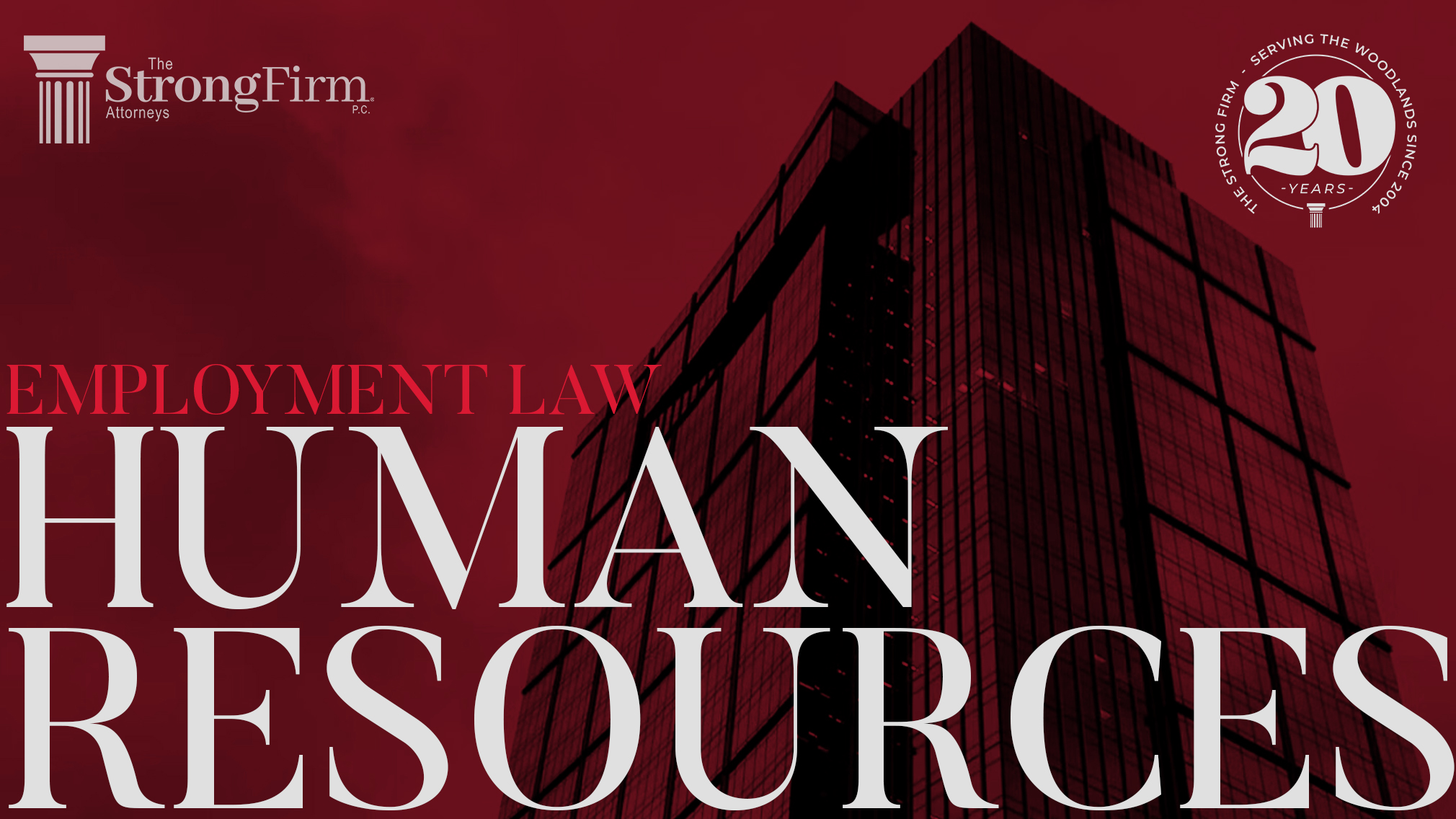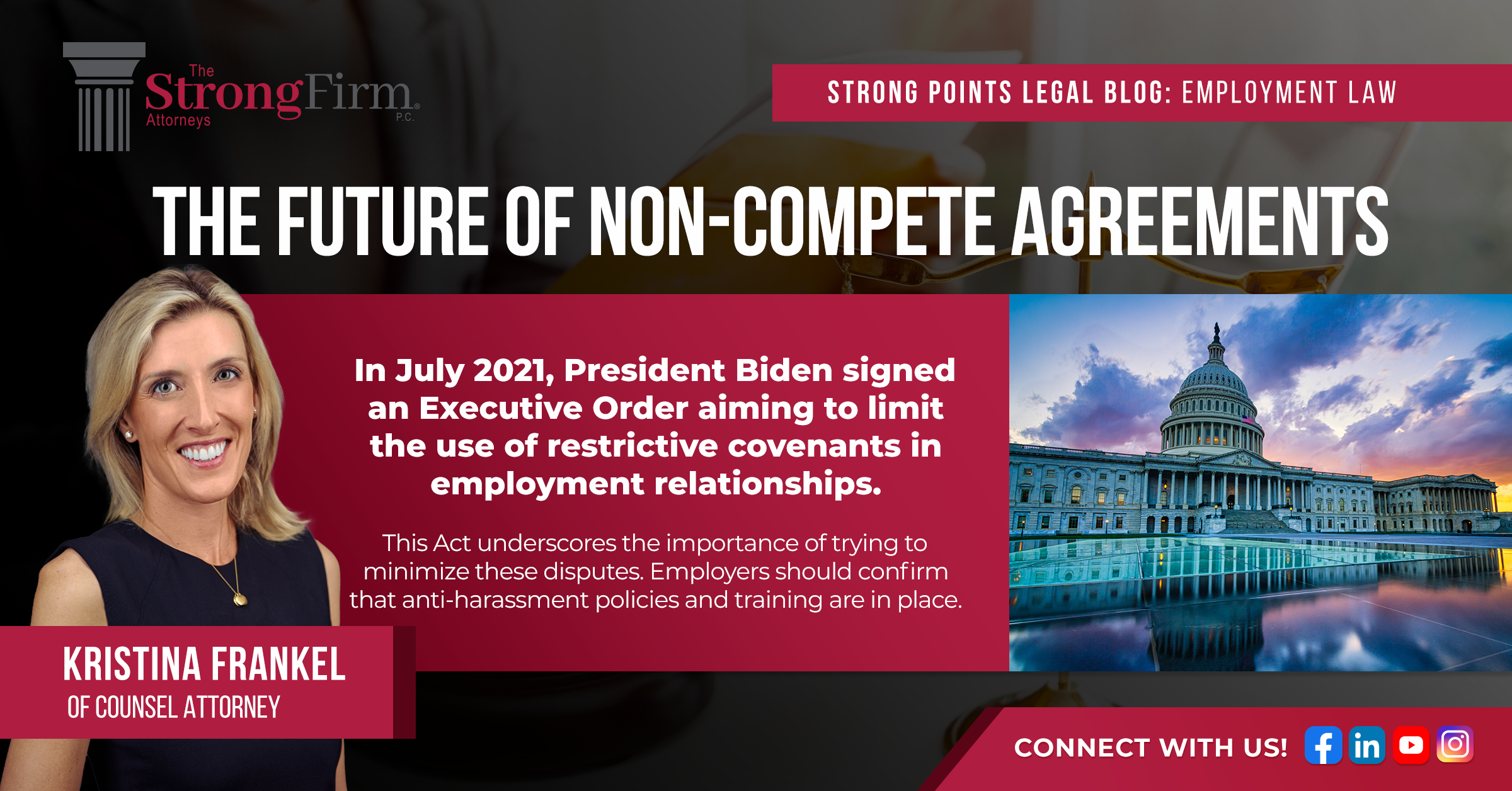Texas law provides several options to transfer ownership of a deceased person’s (usually called a “decedent”) property. We previously discussed the difference between a dependent and an independent administration. The dependent and independent administrations are used when the deceased person’s estate exceeds some minimal thresholds for size or complexity, such as owing unpaid debts. Texas has created a number of quick and comparatively simple proceedings to handle less complicated estates. One such proceeding is to obtain a muniment of title.
A muniment of title is authorized by the Chapter 257 of the Texas Estates Code[1] and is designed to provide a quicker, simplified and less expensive procedure when the decedent has a will but does not require an administration, such as if the estate owes no debts. A muniment of title is generally used to transfer real property (usually the decedent’s residence) to his/her heir(s). This process allows the heirs to forgo the cost and expense of preparing an inventory and/or the potential need to post bond to the court. The process involves a single hearing that usually lasts a few minutes where the court decides whether the decedent’s will is authentic, valid and otherwise meets the requirements for a muniment of title. Once the court is satisfied, it will sign the order, which transfers the decedent’s property to his/her heir(s), and no further action is needed. The heirs are able to avoid a number of subsequent steps that would be required if they used an independent or dependent administration.
As with each of the ancillary probate procedures we will be discussing, there are qualifications that must be met to successfully utilize a munimunt of title. It is important to make a determination on whether the decedent’s estate qualifies before any applications gets filed. Otherwise, the application may be denied and the desired cost savings offered by an ancillary proceeding turns into an additional cost because it must be followed with a full-blown administration hearing. It is important to discuss all options with your attorney and determine which is correct for your circumstances.
[1] https://www.statutes.legis.state.tx.us/Docs/ES/htm/ES.257.htm




























